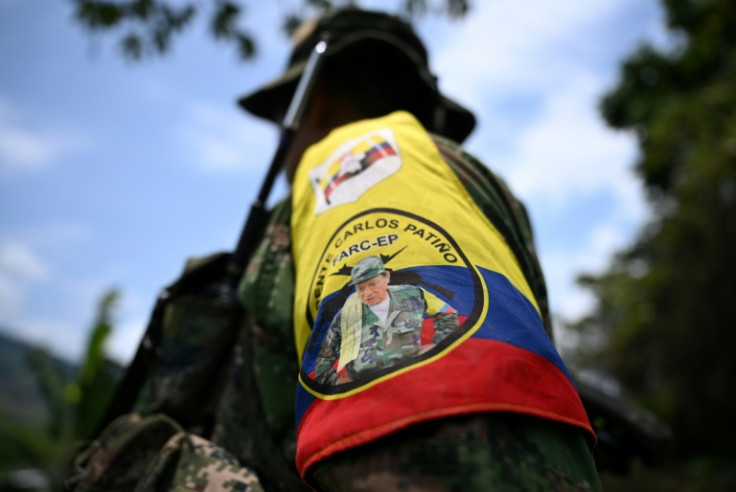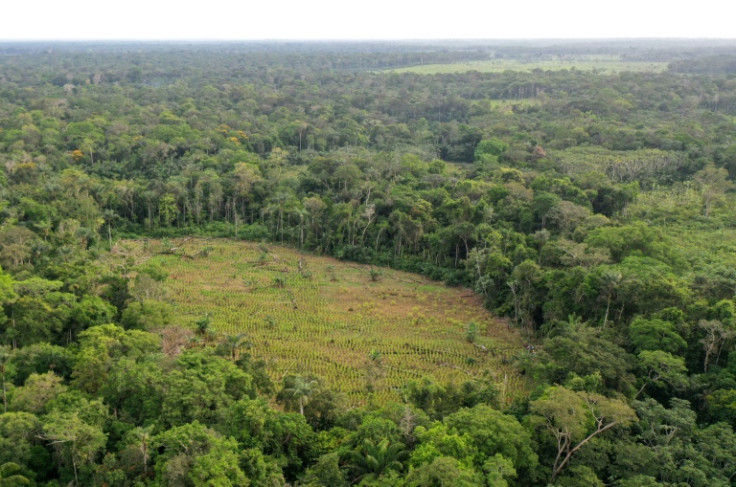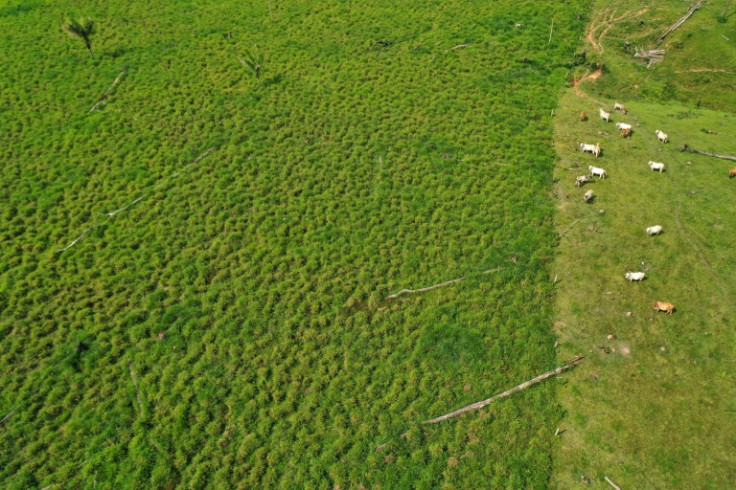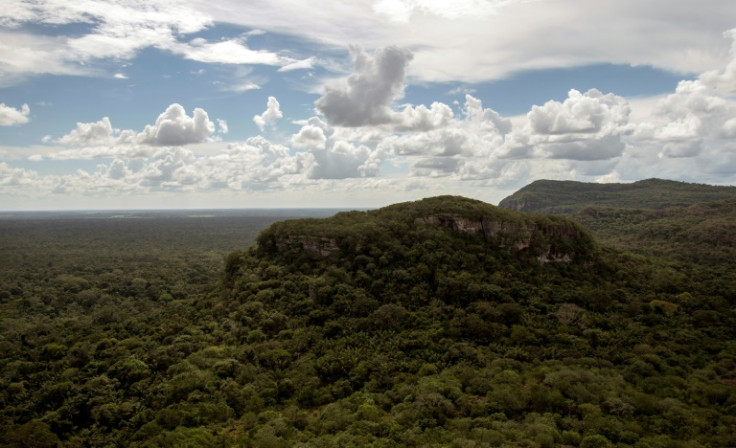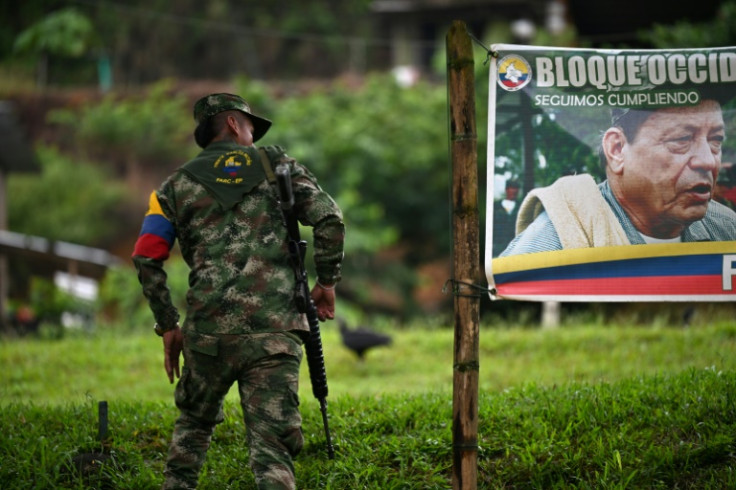
Colombian guerrilla fighters, who long used kidnapping to raise cash and gain negotiating clout, have turned to a new type of hostage: the Amazon rainforest.
By allowing or preventing logging in areas under their control, fighters of the now-defunct FARC who rejected a peace deal and remain in arms set the pace of deforestation as a means of pressuring the government in peace talks.
In a vast swath of Colombia's part of the Amazon, each tree felled is approved by the so-called Central General Staff (EMC), as the renegade group calls itself.
Some of its members rejected the 2016 peace agreement that disarmed the bulk of the FARC, once the most powerful guerrilla group on the continent. Others are new recruits.
Environment Minister Susana Muhamad has raised the alarm about an "historic peak" of deforestation just as peace talks that started late 2023 between the EMC and President Gustavo Petro's government reached a low point.
Forest loss accelerated by about 40 percent year-on-year in the last quarter of 2023 and in the first quarter of 2024, she said, blaming the El Nino weather phenomenon and the EMC.
"Nature is being put in the middle of the conflict and this is a violation of international humanitarian law," said Muhamad.
Last week, the government said the EMC had split into two factions and negotiations were continuing with just one of them.
The Amazon setback is a blow for Colombia's first leftist president, who took office in August 2022 -- the same year deforestation reached a 10-year-low.
Petro had campaigned on an ambitious conservation and climate change program in one of the world's most biodiverse countries.
Forest conservation is a key goal of peace talks with a variety of armed groups as part of Petro's quest for "total peace" after decades of conflict in the South American country.
When it was still active, the FARC had punished loggers and kept ranchers out of the forest.
It claimed an environmental motive, but was more likely driven to set up camps and "move fighters without being detected," Bram Ebus, a researcher at the Crisis Group think tank, told AFP.
The Chiribiquete National Park, Colombia's largest protected area declared a UNESCO World Heritage Site in 2018, owes part of its conservation to decades of FARC domination.
After the FARC disarmed, the EMC began a reconquest of the Amazon, initially also placing a ban on logging.
As the peace talks became bogged down, however, the EMC started to "change the rules" to allow tree fellings, said Juanita Velez, a researcher at the Conflict Responses Foundation in Colombia.
"They understand the environmental issue as a way to create a political discourse" to be used in negotiations, she said.
Ebus said the EMC makes millions by allowing third parties to destroy parts of the forest.
Deforestation "generates money... we know that they are taxing" loggers and farmers, he said.
The guerrillas also charge a percentage on production of coca -- the leaf used to make cocaine -- and on illegal miners advancing ever deeper into the rainforest, said Ebus.
It is unclear what the split within the EMC will mean for the Amazon.
If the upward trend in deforestation continues, as Muhamad predicts, Colombia will host a global biodiversity conference later this year with a major "lung of the planet" -- as rainforests are called -- in distress.
For Petro, the conference is meant to act as a showcase of Colombia's natural wealth, but two of his main goals -- achieving a lasting peace and protecting the environment -- appear to be in trouble, said Ebus.
Instead, it could be argued the Amazon "is under the control of the guerrilla group," said Ebus.
